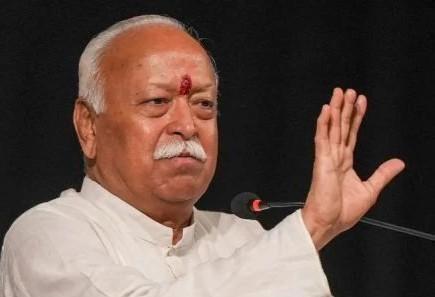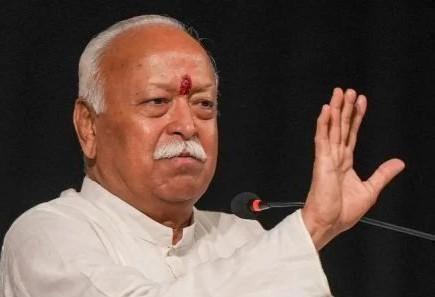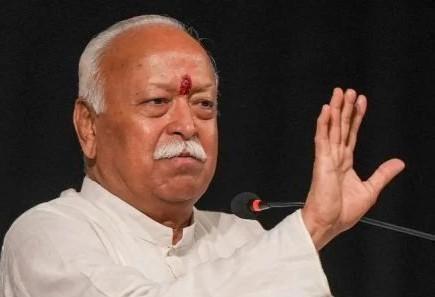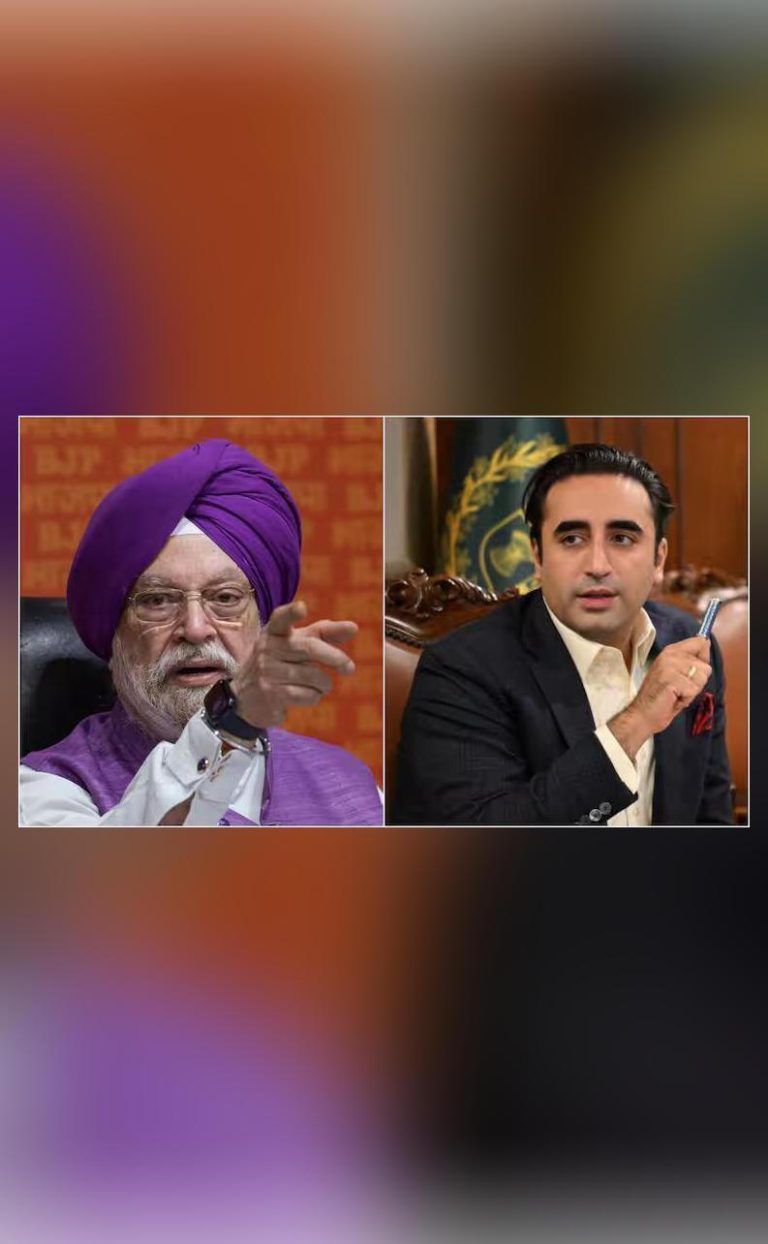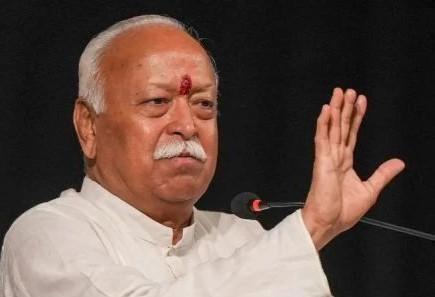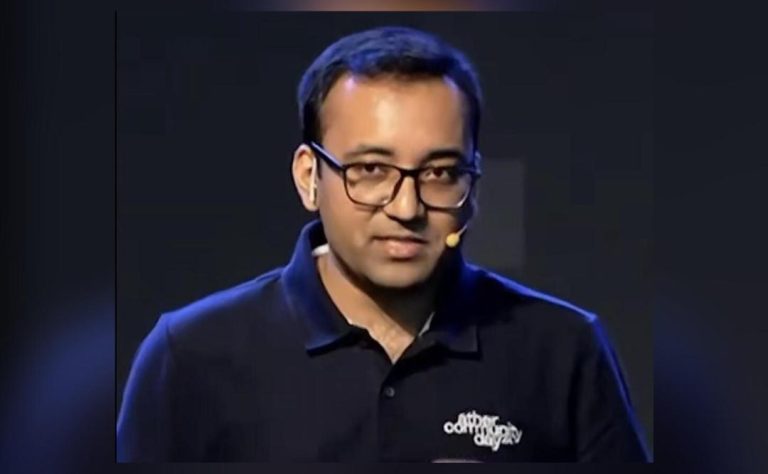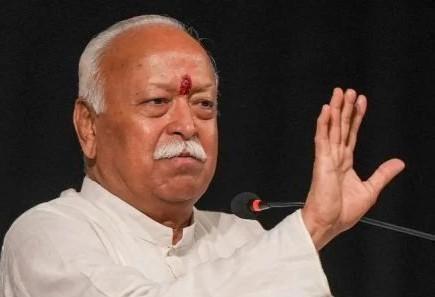
If someone turns to evil then we’ll teach lesson: Bhagwat on J&K attack
In the wake of the recent terror attack in Pahalgam, Jammu and Kashmir, RSS chief Mohan Bhagwat has made a statement that has sent shockwaves across the nation. While reiterating the importance of non-violence as India’s religion, Bhagwat also emphasized the need to teach a lesson to those who resort to oppression and hooliganism.
The attack, which occurred on [date], left several people injured and claimed the lives of many others. The incident has sparked widespread outrage and concern, with many questioning the effectiveness of the government’s measures to combat terrorism.
In a video message, Bhagwat addressed the issue, saying, “Non-violence is our religion, but so is teaching a lesson to oppressors and hooligans. We never harm or disrespect our neighbours, but if someone is bent on being evil, what is the cure? The king’s duty is to protect the people, and he will do his duty.”
Bhagwat’s statement has been met with a mixed reaction, with some people interpreting it as a call to violence, while others see it as a necessary response to the growing threat of terrorism. However, it is essential to understand the context and nuances of Bhagwat’s words before jumping to conclusions.
Firstly, it is essential to recognize that non-violence is indeed a fundamental aspect of Indian culture and philosophy. The concept of ahimsa, or non-violence, is deeply rooted in Hinduism and has been practiced by many Indian freedom fighters and spiritual leaders throughout history. It is this value that has helped India to remain a beacon of peace and tolerance in a world plagued by conflict and violence.
However, Bhagwat’s statement also acknowledges the harsh reality that sometimes, non-violent methods may not be effective in dealing with evil or oppressive forces. In such cases, the use of force or other measures may be necessary to protect the innocent and maintain peace.
This is not to say that violence should be condoned or encouraged. Rather, it is a recognition that sometimes, difficult decisions must be made to ensure the safety and well-being of others. As Bhagwat himself said, the king’s duty is to protect the people, and he will do his duty.
Furthermore, Bhagwat’s statement should be seen in the context of the growing threat of terrorism in India. The recent attack in Pahalgam is just one of many incidents that have occurred in recent years, and it is clear that something needs to be done to address this issue.
In this regard, Bhagwat’s emphasis on teaching a lesson to oppressors and hooligans can be seen as a call to action. It is a reminder that the government and law enforcement agencies must take concrete steps to combat terrorism and ensure that those responsible for such attacks are brought to justice.
Of course, this will require a nuanced and multi-faceted approach, involving not just security measures but also efforts to address the socio-economic and political factors that contribute to extremism. It will also require a commitment to upholding the values of non-violence and human rights, while also protecting the rights and freedoms of all citizens.
In conclusion, Bhagwat’s statement should be seen as a reminder of the importance of non-violence as a fundamental aspect of Indian culture and society. However, it also acknowledges the harsh reality that sometimes, difficult decisions must be made to protect the innocent and maintain peace.
As India moves forward in its efforts to combat terrorism and promote peace and stability, it is essential that we remembered Bhagwat’s words and strive to uphold the values of non-violence and human rights, while also taking concrete steps to address the root causes of extremism.
Source:
https://youtu.be/SpAKVWl5wII
